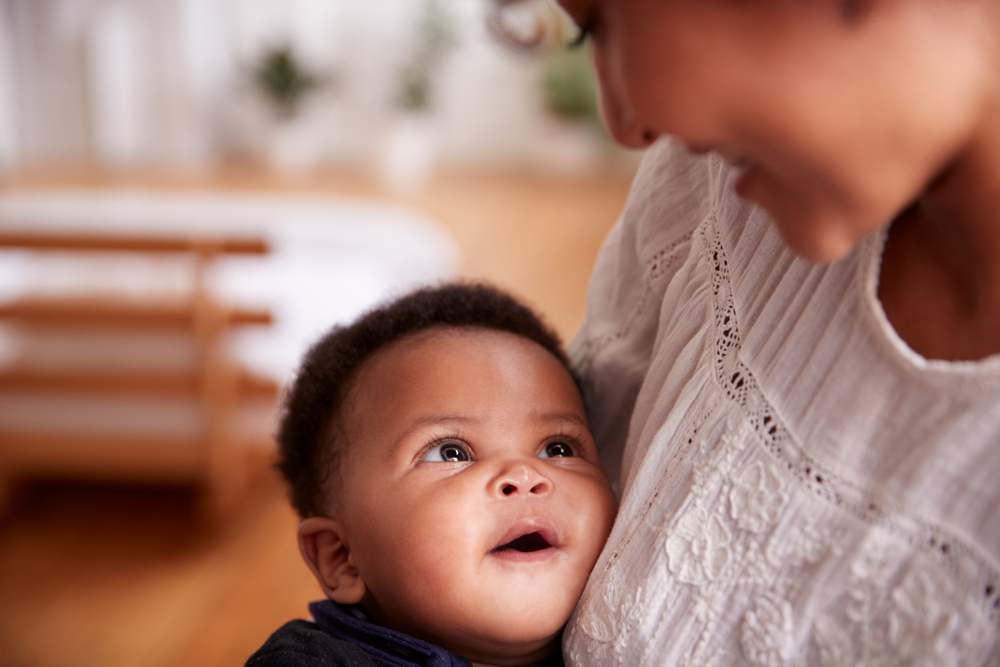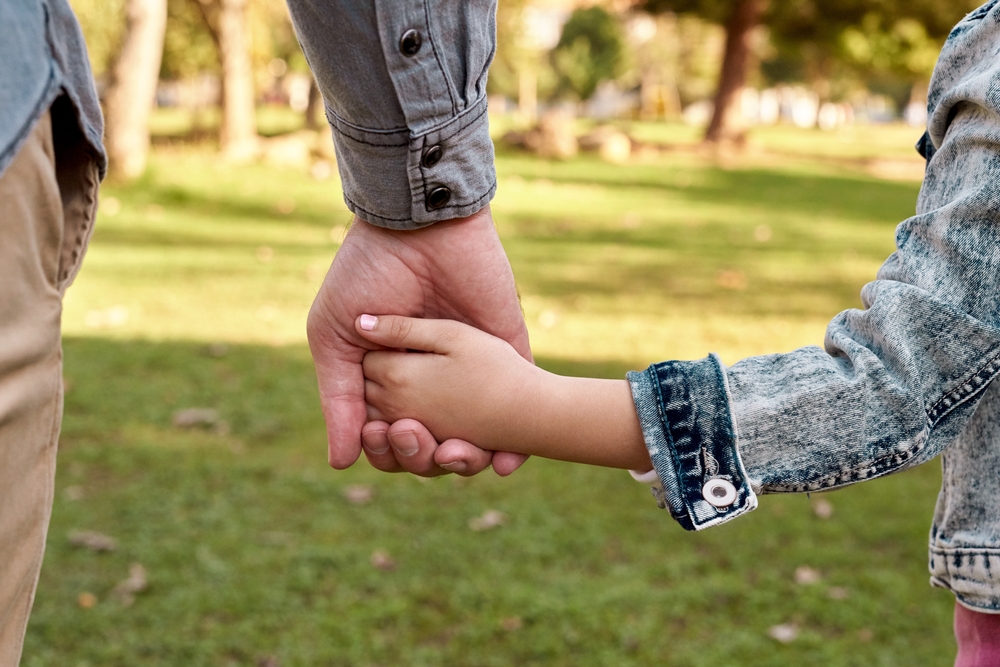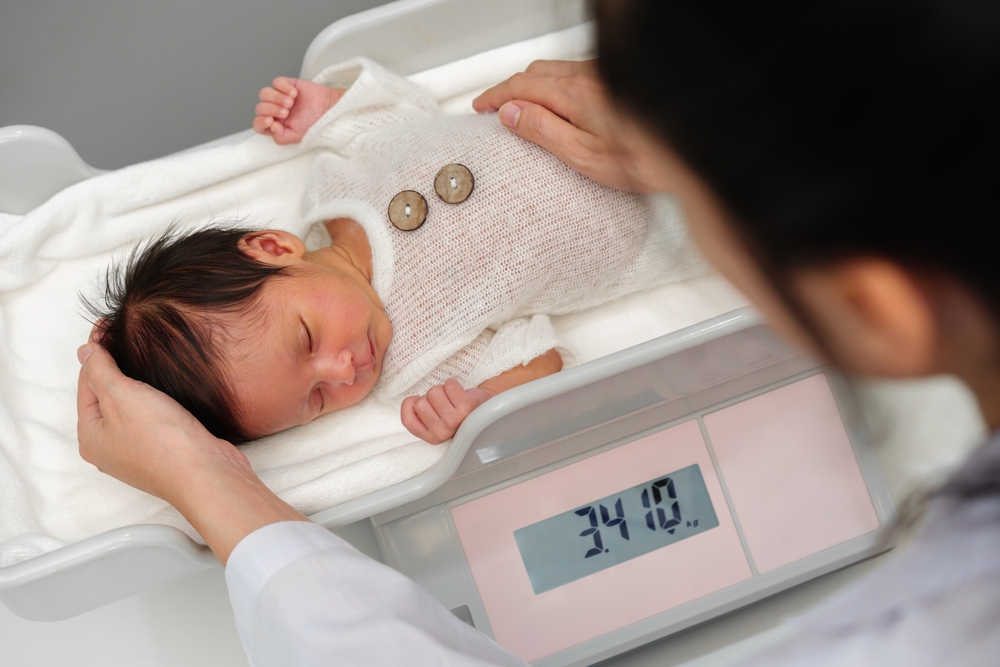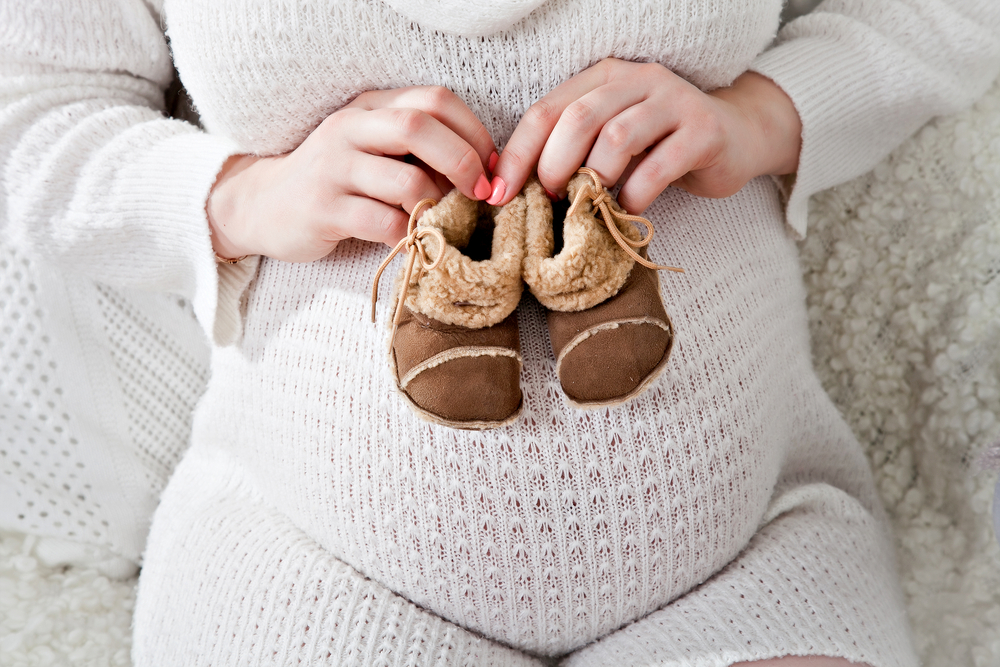You’ve waited a long 9 months for this moment – the fourth trimester of pregnancy – where you’ll finally get to hold your new little bundle of joy. Whilst this is one of the most incredible times for bonding and getting to know your baby, it can also feel overwhelming at times. However, it’s important to remember that parenthood is different for everyone and there’s no ‘right way’ to do everything. You’ll soon get to know how unique your new addition really is, so try not to put too much pressure on yourself at this early stage. And with there being so much help and advice available to you, make use of it and create your own routines that will fit in with your brand-new family.

When Does the 4th Trimester Start?
You’ll have heard terminology for the 1st, 2nd and 3rd trimester many times throughout your pregnancy, but one used less often is the 4th trimester. The 4th trimester theory was created by Dr. Harvey Karp, and it starts from the moment your little one is born and lasts until they reach the three-month milestone.
What is the 4th Trimester?

The fourth trimester of pregnancy is the time after birth when your baby begins to adjust to life outside the womb, and it’s a big transition for your new bundle of joy. It’s during this time that your baby gets used to the world around them, with all the new noises, lights, smells and sounds. As well as this, it’s the time where you’ll get used to parenthood as well – bonding with your baby and getting to know what they need. Whilst the 4th trimester brings a lot of exciting firsts, it’s important not to forget about your own needs and emotions too.
The 4th Trimester: Post Labour

If you choose to have your cherub in the hospital (usually the preferred place), you may need to spend some time here before going home with them. The amount of time varies depending on the birth and what aftercare you may need. Having skin-to-skin contact with your little one straight after giving birth will help to keep them warm and calm, as well as steady their breathing. Skin-to-skin time can also be a wonderful bonding experience for you and your sweet angel – so make the most of it!
Whilst you’re still at the hospital, make sure to ask the midwife lots of questions. Remember – they’re there to help you and your baby at these early stages. Don’t be afraid to ask about anything from feeding to changing and everything in between – there are no silly questions when it comes to caring for your new bambino.
Your midwife will agree on a plan with you for your Health Visitor to see you and your baby at home or at a children’s centre. This is to check that you and the little one are doing well, as well as support you in these early but exciting stages.
The 4th Trimester: What to Expect as a New Mum
Once you’re discharged from the hospital it can take some adjusting to settle into new family life at home, so don’t worry if this doesn’t happen overnight. The first few days can be very emotional and overwhelming but it’s important that you remember that you’re doing amazing no matter what. You’ll continue to have the support of your Health Visitor until your baby is at least 10 days old. And as well as checking that you and your little one are doing well, they can also support you with anything from postpartum depression to baby groups in the local area.
You’ll soon become familiar with your baby’s body language, and they will give you important cues about how they’re feeling or if they need something. They may be tired, hungry or just need some comfort. When you notice these cues, it’s important that you respond to them to make sure they feel safe and secure. For some extra support, the fourth trimester audiobook is a favourite for new mummies.
The 4th Trimester: What to Expect From Your Baby
Your newborn baby won’t be able to tell the difference between day and night at this stage. This is because they haven’t developed their own circadian rhythms, which basically means their body clock hasn’t set itself properly yet. During the fourth trimester of pregnancy, your baby may happily sleep for long stretches during the day and then wake up a lot more during the night. Whilst the sleepless nights may feel like they’re lasting forever, your baby will soon establish their own sleeping pattern. You can help your baby learn when it’s night-time by keeping the room quiet and dark, and not overstimulating them through the night. And with our tips and tricks on getting your babe to sleep and stay asleep, you’ll have a peacefully snoozing bambino in no time.
By the end of the fourth trimester of pregnancy, you’ll have seen a remarkable transformation take place. Physically, your baby will be much stronger, and they may even be able to lift their head up, as they’ll have more control over their limbs. Who knows, they may even reach out to grab a teddy or rattle from you! And don’t forget that a small amount of tummy-time each day will help your happy little bundle get stronger and stronger too.
Your baby’s first few months will fly by – so make sure to treasure every single moment! From their first smile to tummy time fun, you have so much to look forward to. In the first few months, you’ll have mastered how to spot the signs that your babe’s tired or hungry, and you’ll have found your way around a dirty nappy. These are huge achievements – give yourself a pat on the back! And whilst the first 3 months can be both tiring and blissful, the next several months will be just as amazing and hopefully a little less exhausting. Remember – no matter what stage your little ones at, the most important thing is to enjoy it!













